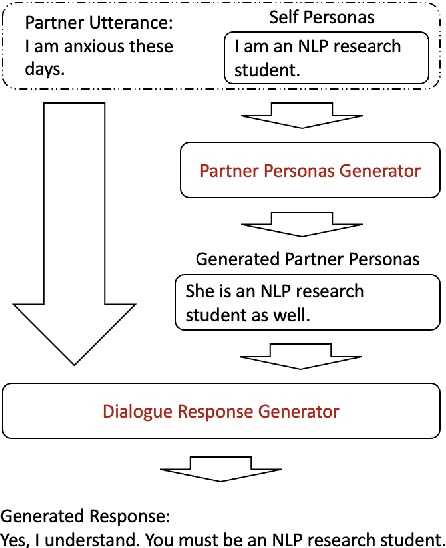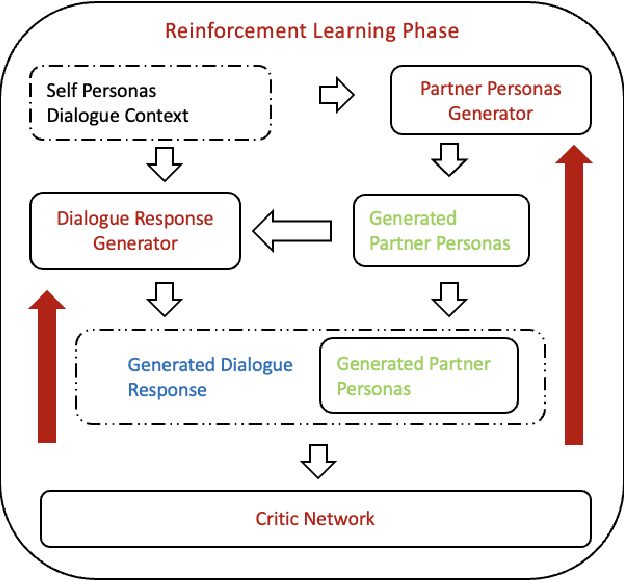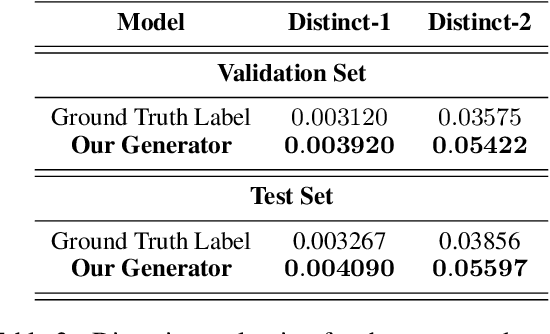Helen M. Meng
Language Agents for Detecting Implicit Stereotypes in Text-to-image Models at Scale
Nov 02, 2023



Abstract:The recent surge in the research of diffusion models has accelerated the adoption of text-to-image models in various Artificial Intelligence Generated Content (AIGC) commercial products. While these exceptional AIGC products are gaining increasing recognition and sparking enthusiasm among consumers, the questions regarding whether, when, and how these models might unintentionally reinforce existing societal stereotypes remain largely unaddressed. Motivated by recent advancements in language agents, here we introduce a novel agent architecture tailored for stereotype detection in text-to-image models. This versatile agent architecture is capable of accommodating free-form detection tasks and can autonomously invoke various tools to facilitate the entire process, from generating corresponding instructions and images, to detecting stereotypes. We build the stereotype-relevant benchmark based on multiple open-text datasets, and apply this architecture to commercial products and popular open source text-to-image models. We find that these models often display serious stereotypes when it comes to certain prompts about personal characteristics, social cultural context and crime-related aspects. In summary, these empirical findings underscore the pervasive existence of stereotypes across social dimensions, including gender, race, and religion, which not only validate the effectiveness of our proposed approach, but also emphasize the critical necessity of addressing potential ethical risks in the burgeoning realm of AIGC. As AIGC continues its rapid expansion trajectory, with new models and plugins emerging daily in staggering numbers, the challenge lies in the timely detection and mitigation of potential biases within these models.
Partner Personas Generation for Diverse Dialogue Generation
Nov 27, 2021



Abstract:Incorporating personas information allows diverse and engaging responses in dialogue response generation. Unfortunately, prior works have primarily focused on self personas and have overlooked the value of partner personas. Moreover, in practical applications, the availability of ground truth partner personas is often not the case. This paper attempts to tackle these issues by offering a novel framework that leverages automatic partner personas generation to enhance the succeeding dialogue generation. We incorporate reinforcement learning with a dedicatedly designed critic network for reward judgement. Experimental results from both automatic and human evaluation demonstrate a) Our framework is capable of generating relevant, informative and coherent partner personas, even compared to the ground truth partner personas. b) Generated partner personas enhance the succeeding response generation, thus surpassing our baselines and comparison model when partner personas are missing during the inference stage. c) Our framework generates responses that are more informative and engaging than our baseline conditioned on the ground truth partner personas during inference. d) Our dedicatedly designed critic network reinforces our framework effectively. Finally, our framework gives better explainability and reduces the demands for external databases for partner personas.
 Add to Chrome
Add to Chrome Add to Firefox
Add to Firefox Add to Edge
Add to Edge